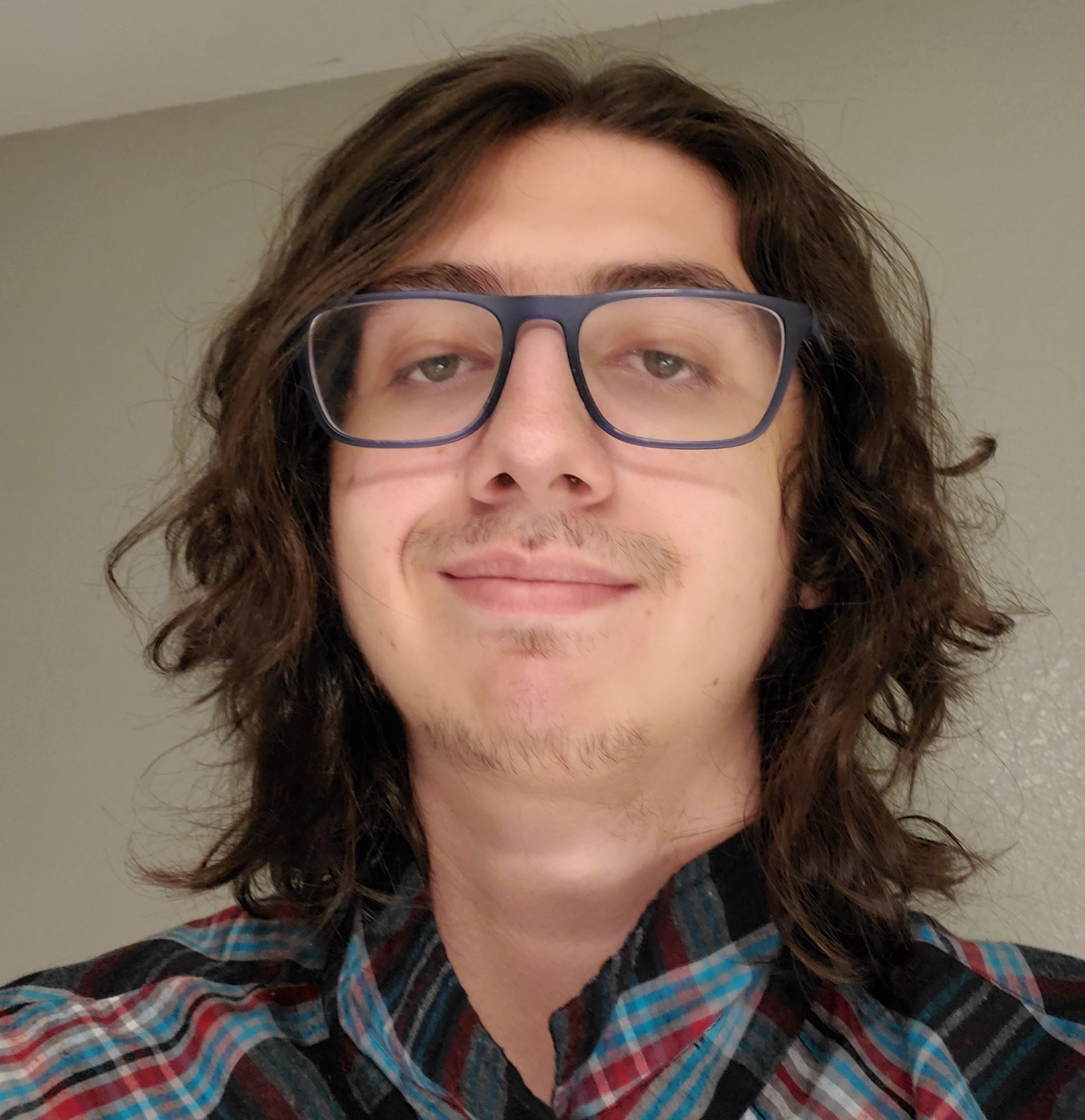
Reviewing the Basics: How I Learned to Talk Effectively
by Filip Bjelica

Conversation can be tricky, and a lot of people take talking for granted. Larry King’s and Bill Gilbert’s book, How to Talk to Anyone, Anytime, Anywhere, helped me get my foot in the proverbial door. This book taught me what I thought I knew all my life: talking, unlike breathing, is a skill that needs to be maintained and much like other skills, there are tips and tricks to help enhance it.
To become an effective talker, I had to overcome my biggest obstacle: my shyness. I used to be afraid of being judged for breaking the silence. Worse, I was petrified of the possible awkwardness that might follow if my attempt to start a conversation failed. For example, in my second year of college, one of my classmates struck up some small talk with me on the first day of class. However, each day after that, I couldn’t bear the thought of starting up another conversation. As a result, we didn’t talk for the rest of the semester and it was awkward. Experiences like that left a huge impact on me; I realized that I can’t keep waiting for people to break the ice, I have to learn how to break it myself.
While reading King’s book, I found that we all experience anxiety when talking to a stranger. This helped me realize that we are all afraid of getting rejected and embarrassed. All of these fears lead us to avoid starting a conversation. To help get over the anxiety of initiating a conversation, King suggests we figure out the other person’s interests. People love talking about what they love, whether it be about their hobbies, pets, or musical tastes. Finding out those interests can help shatter any nervousness between people initiating a conversation. Knowing that all of us are the same in that way makes breaking the ice an easier task. The following semester proved more fruitful. As I put King’s advice to the test, I was rewarded with a nice acquaintanceship with some of the students and professors in each of my classes, some of which I’m still in contact with.
Being a good listener is another simple and effective way of having a great conversation. Your conversation partner will be more motivated and comfortable talking if they see you are listening attentively to what they have to say. It is important to know that talking is a two-way street — not a one-way road – and only talking about yourself is rude and improper. I used to be self-absorbed in conversations, only wishing to talk about what was on my mind. Such was the case in my first semester of college when I went to a professor’s office hours for the first time. I spoke about my problems, yet didn’t listen to any of the solutions he gave me. Looking back, it was quite an awkward meeting, so I sought to improve this weakness. The next semester, with this experience still fresh in my mind, I took the first opportunity to go to a professor’s office hours to discuss study habits. Forcing myself to listen more and to talk about myself less improved the quality of the office hours dramatically, leaving me in high spirits.
I know firsthand how difficult it can be to start and keep a conversation. I was homeschooled for all of middle school and over a year of high school, so I had less opportunities to develop the social skills many adolescents do. King’s book was a great crash course for the techniques of conversation that I have missed. I have managed to improve my conversation skills through hard work, courage, and practicing King’s advice. I highly recommend this book to anyone who has had experiences similar to mine; this book has helped me come out of my shell and given me the essential tools to practice the skill of conversation.
 Filip Bjelica joined the Interactive Measurement Group in the fall of 2019. He is majoring in psychology and minoring in criminal justice. He is currently the lab’s website coordinator and an action editor for the lab’s newsletter, Connections: Word from the Interactive Measurement Group. After graduation, he hopes to pursue his graduate studies in Europe.
Filip Bjelica joined the Interactive Measurement Group in the fall of 2019. He is majoring in psychology and minoring in criminal justice. He is currently the lab’s website coordinator and an action editor for the lab’s newsletter, Connections: Word from the Interactive Measurement Group. After graduation, he hopes to pursue his graduate studies in Europe.